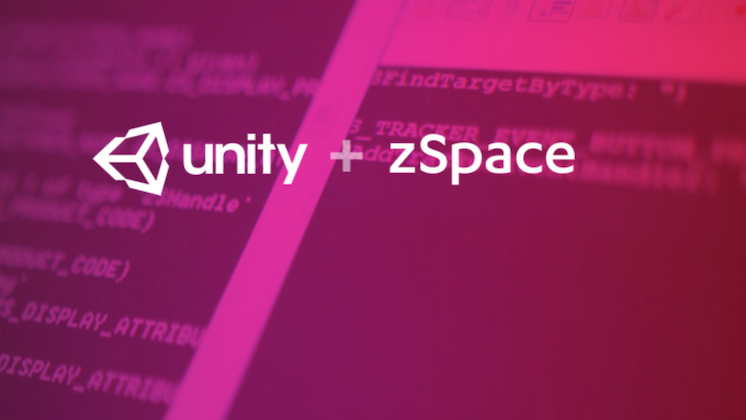
November 2, 2017
Teaching Students Valuable Coding Skills
Discover how expanded computer science programs and coding skills are preparing students for high-paying jobs and a technology-driven future.
Expanded computer science programs, including coding, are increasingly becoming integral components of both K-12 and higher education curricula worldwide. According to a report by Code.org, over 50% of all high schools in the United States now offer computer science courses, a significant increase from just 35% in 2018. This shift reflects a growing recognition of the importance of digital literacy in today’s technology-driven world.
Opinion writers Alastair Fitzpayne, Matthew Sigelman, and Austin Jasper highlighted in a recent article in The Hill that “computer science and coding are critical baseline skills for the 21st century.” This assertion is backed by the U.S. Bureau of Labor Statistics, which projects that employment in computer and information technology occupations will grow 11% from 2019 to 2029, much faster than the average for all occupations. This growth is expected to add about 531,200 new jobs to the economy. Coding skills are particularly valuable because they are essential for many high-paying jobs. The authors emphasize that “coding skills are a staple of half of all occupations in the top earning quartile, jobs with salaries of $75,000 and over,” underscoring the economic benefits of these skills.
Unity Technologies, known for its powerful and versatile development platform, is one company at the forefront of providing coding resources to both students and educators. Their initiatives are designed to equip learners with essential skills for future career opportunities. Jessica Lindl, global head of education at Unity, states, “At Unity, we believe the world is a better place with more creators in it.” This philosophy is reflected in their offerings such as the online course “Coding in Unity for the Absolute Beginner,” which provides a comprehensive introduction to game development and interactive content creation through coding.
In an effort to further expand the reach of coding education, zSpace announced the release of an Addendum to the Unity Educator Toolkit. This supplement to the Unity Curricular Framework is designed to introduce learners to the complexities of coding for 3D and mixed reality environments. Students using this addendum will gain insights into the intricacies of rendering objects in stereoscopic 3D and manipulating these objects within a virtual space. The Addendum opens up new possibilities for Unity users worldwide, offering them a deeper understanding of zSpace mixed reality components, terminology, and core concepts.
Paul Kellenberger, CEO of zSpace, remarked, “By collaborating with Unity to develop the zSpace supplement for its collection of curriculum development resources, we are putting the tools for creating content for our platform in the hands of thousands of learners from around the world.” This partnership aims to democratize access to cutting-edge technology education, preparing students for the demands of the future workforce in an increasingly digital economy.
---
Read more about the zSpace Addendum to the Unity Educator Toolkit in this press release.